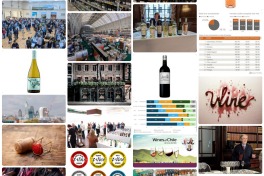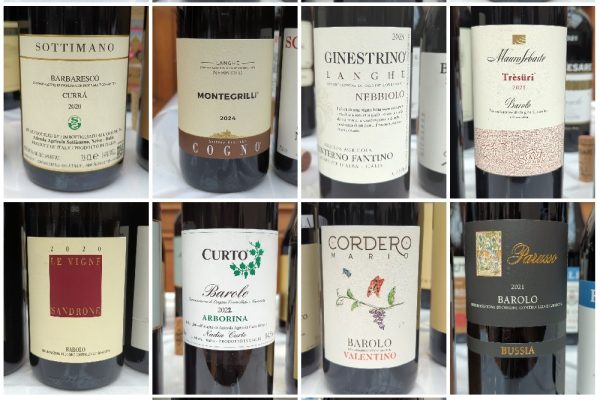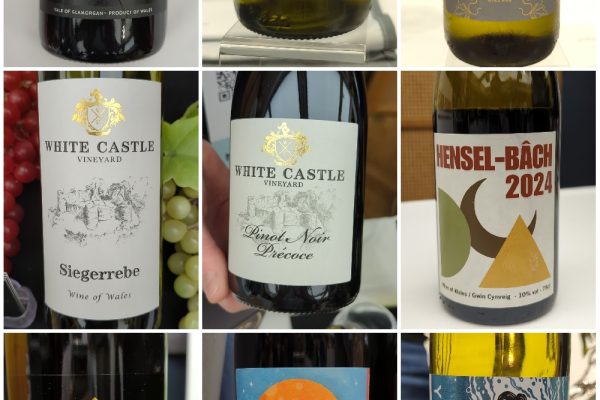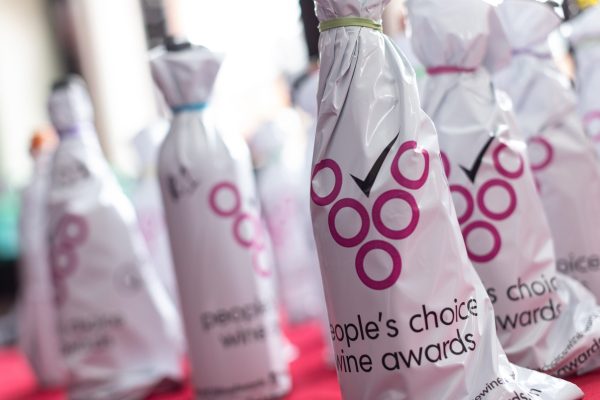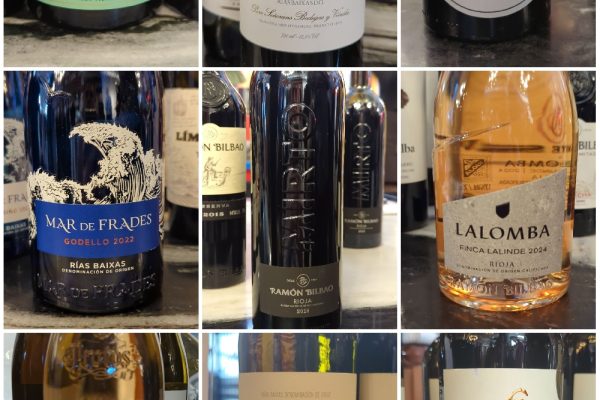
The Bordeaux wine region of France is currently facing a myriad of challenges that threaten its position in the global wine market. Red wine consumption in France has seen a significant decline in recent decades. Many French consumers are now opting for alternative beverages like beer. While premium Bordeaux wines continue to find buyers, the demand for entry-level red wines has dwindled. This drop in demand has led to falling prices, making it more attractive for many vintners to uproot their vineyards and seek compensation rather than continue with wine production.
In response to these challenges, the French government has announced plans to invest millions of euros to assist winemakers in the “grubbing up” process, which involves uprooting vines. This initiative is designed to reduce wine production and allow winemakers to use their land for other purposes. The government’s compensation offer of around €6,000 for every hectare of vineyard removed has seen significant interest, especially from the Gironde department, the heartland of Bordeaux wine.
On the international front, Bordeaux’s export market has not been without its challenges. China, a major importer of Bordeaux wine, had halted all imports during the COVID-19 pandemic. Although trade has since resumed, it hasn’t reached its pre-pandemic levels. Additionally, Bordeaux has faced trade tensions with the United States, another significant market, affecting exports.
A notable shift in wine consumption patterns has been observed among younger generations. Surveys indicate that the 18 to 35 age group has significantly reduced their wine consumption, with a 32% decline in red wine consumption over the past decade.
Climate change is also playing a pivotal role in reshaping the Bordeaux wine industry. Longer, hotter summers are pushing consumer demand towards white and rosé wines. Furthermore, the rising temperatures threaten to alter the traditional taste profiles of Bordeaux wines, which could alienate loyal consumers.




